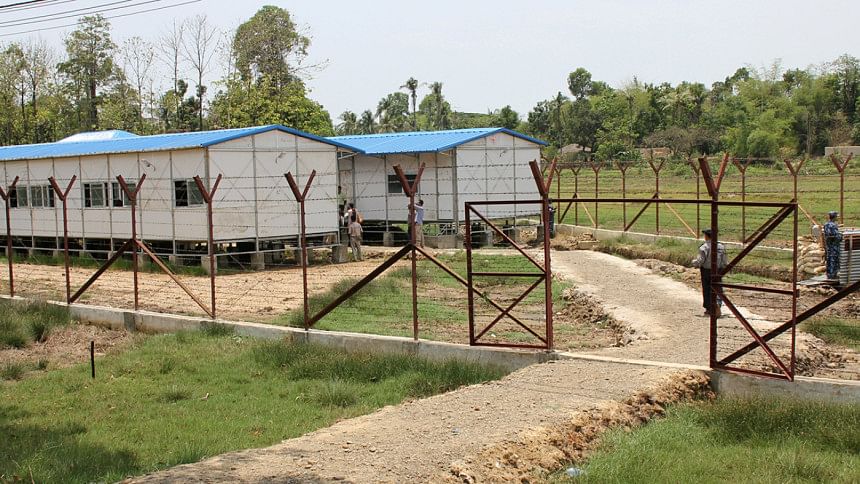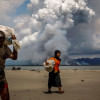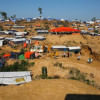Take concrete steps on Rohingya rights, US aid chief urges Myanmar

- USAID Administrator Mark Green ends 3-day visit to western Rakhine State
The US government's aid chief urged Myanmar yesterday to take "concrete steps" to guarantee the rights of Rohingya Muslims and to show sincerity in that endeavour in order to encourage hundreds of thousands who have fled the country to return.
Mark Green, administrator of the United States Agency for International Development (USAID), ended his three-day visit to Myanmar touring Rohingya and Rakhine communities in western Rakhine State, including a camp for displaced Rohingya people.
Green said the refugees, whom he met during the previous leg of the trip in camps in Bangladesh, are fearful and while they want to return, they are asking for their rights and security to be guaranteed before making the decision to come back.
"That reinforces the importance here of clear signs of sincerity of the government's stated position of welcoming back Rohingya in a safe, secure and dignified manner," Green told reporters.
"We would strongly encourage the government to take those concrete steps which are a demonstration of the ability for Rohingya to return under those conditions," Green said.
He said the government could show the refugees in Bangladesh it is sincere by taking "clear actions" with the tens of thousands of Rohingya displaced in previous bouts of violence now stuck in crowded camps in squalid conditions in Rakhine.
Green said he was "struck by the sense of hopelessness that so many Muslims nearby feel - the lack of access to healthcare, education, ability to move, access to livelihoods ... that kind of hopelessness is obviously disturbing - it's also something that has to be addressed."
Green has said the United States would provide $44 million in additional aid for the Rohingya and vulnerable populations in Myanmar and Bangladesh.
Nearly 700,000 Rohingya have fled into Bangladesh from Myanmar to escape an army crackdown since August, launched in response to Rohingya insurgent attacks. Refugees have reported murder, rape and arson by Myanmar troops.
Washington has called the army response "ethnic cleansing" - a charge Myanmar denies, saying its security forces have been waging a legitimate counter-insurgency operation against "Bengali terrorists".
After meeting Myanmar's de-facto leader Aung San Suu Kyi in the capital Naypyitaw and civil society leaders in the main city Yangon on Friday and Saturday, Green met local government officials in Rakhine and toured villages and camps over the weekend.
On Sunday, he went to Muslim and Buddhist villages in the Rathedaung township in the north of the violence-torn state. He then met camp leaders in Thet Kae Pyin camp for nearly 6,000 Rohingya, a short drive from state capital Sittwe.
"We don't have the luxury of time. We really do need all of us to see positive steps forward and we stand ready to help," Green said.

 For all latest news, follow The Daily Star's Google News channel.
For all latest news, follow The Daily Star's Google News channel. 









Comments